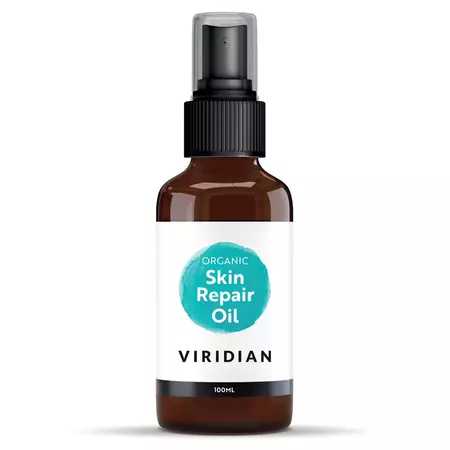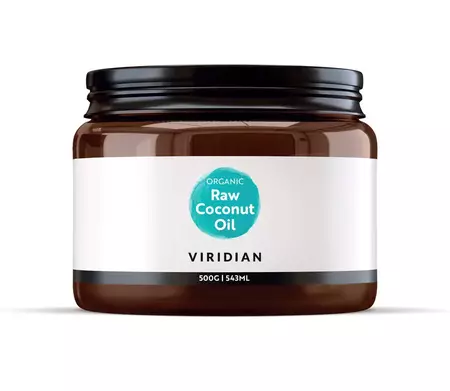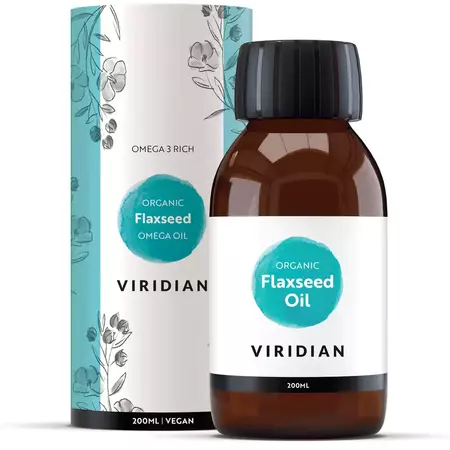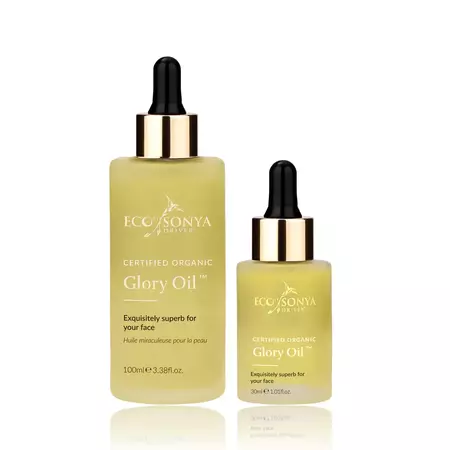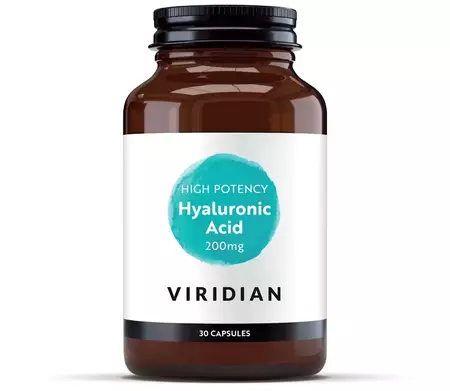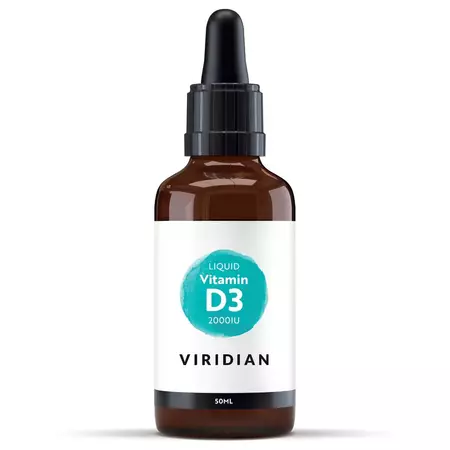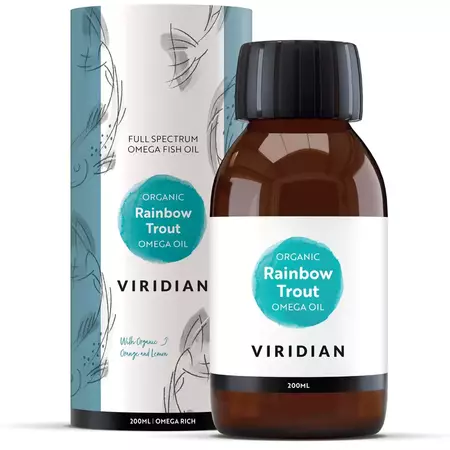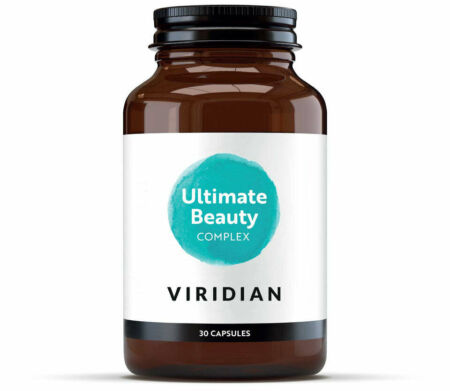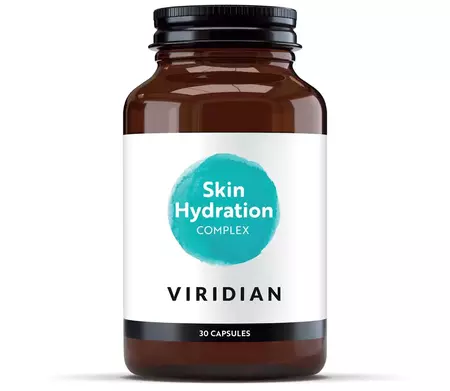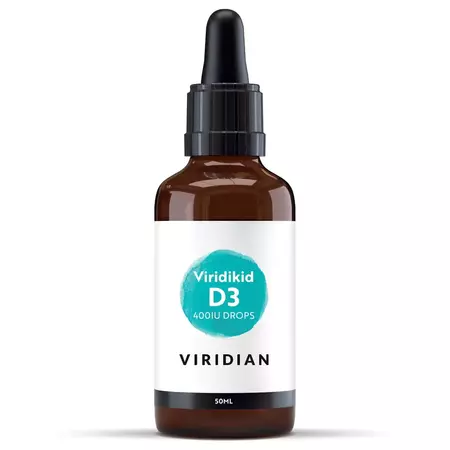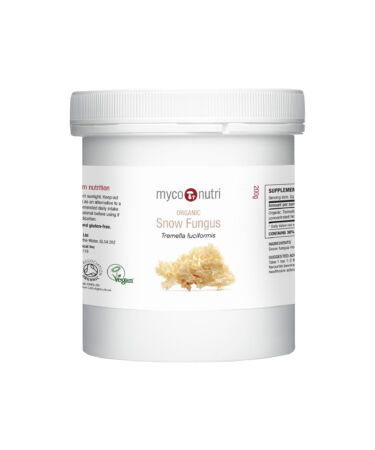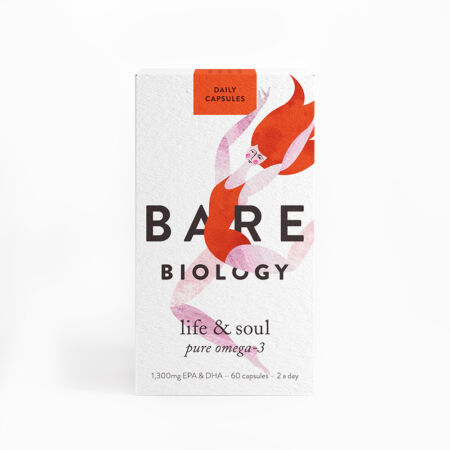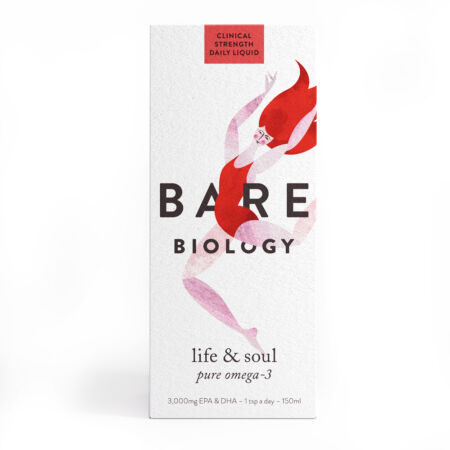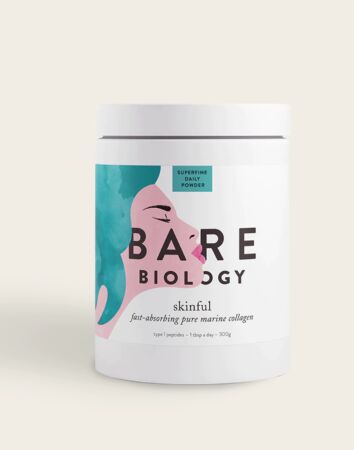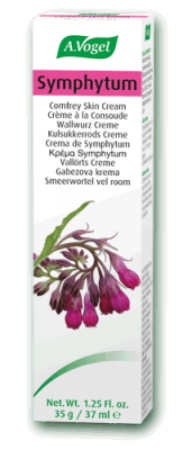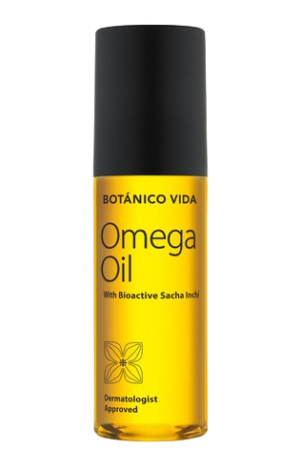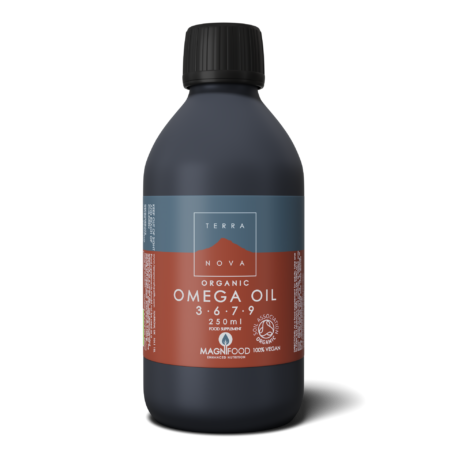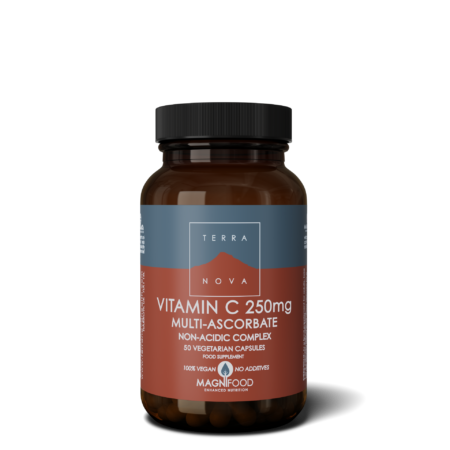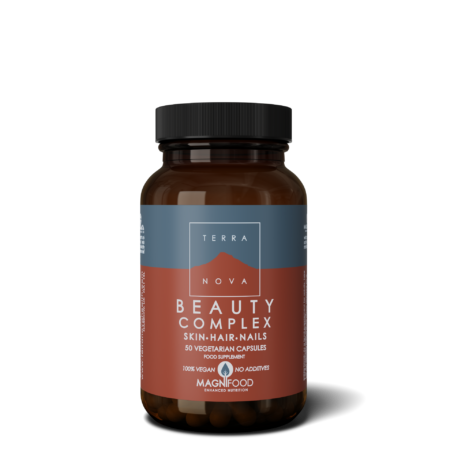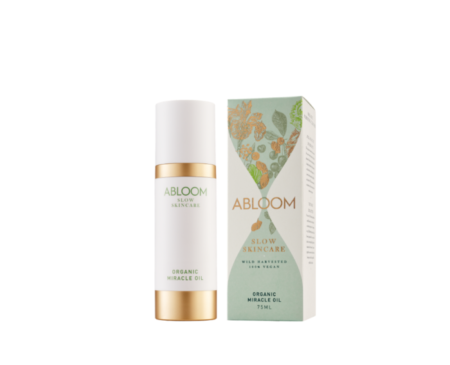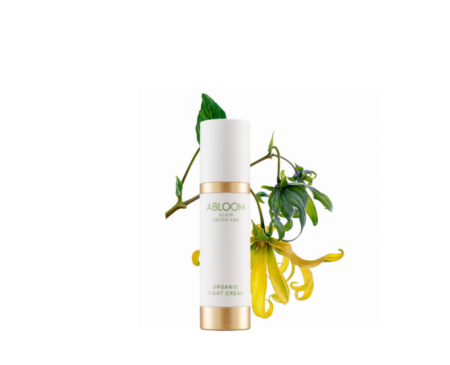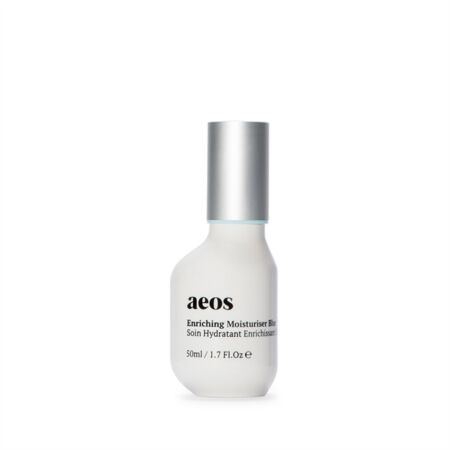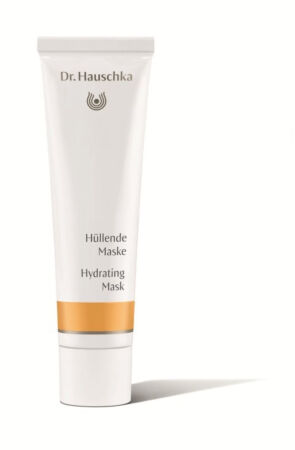Natural Remedies for dry skin, selected from our 'Therapy Approved' Natural Health and Natural Beauty Favourite Products.
Dry skin - what is it?
In order for the skin to maintain its health and function properly, it requires hydration and naturally-occurring oils to retain its softness, flexibility, and elasticity. In the absence of moisture and oils, the skin can become dry.
As a primary defence mechanism for the body, the skin plays a crucial role in preventing the entry of harmful microorganisms such as viruses and bacteria into the body.
Dry skin can manifest in various degrees of severity, ranging from mild to severe, and may exhibit symptoms such as itchy or scaly patches, rough and flaky texture, cracks, burning or stinging sensations, loose or wrinkled skin, and peeling.
Although mild cases of dry skin are very common and typically not alarming, more severe instances may require medical attention if they are not improving and is a source of discomfort.
Why do we get dry skin?
Dry skin can affect anyone, but certain risk factors can increase the likelihood of developing it. These factors include age, with older adults being more susceptible due to a natural decrease in oil production. Medical history can also play a role, with a higher risk for those with a history of eczema or other allergic diseases.
Environmental causes of dry skin may include the use of harsh cleaning products or deodorants, taking long and hot showers or baths, cold and dry areas and using heat sources such as central heating or wood-burning stoves that can dehydrate the air.
However, in some cases, dry skin may be a symptom of an underlying condition, including:
Dehydration occurs when the body loses more water than it takes in, which can affect the skin and cause it to become dry. Drinking enough water every day can help prevent dehydration[i].
Eczema refers to a group of skin conditions that cause itchy, inflamed, and dry skin. These conditions may include atopic dermatitis and contact dermatitis, which is caused by contact with certain chemicals or materials. It is estimated that 1 in 10 individuals will develop eczema during their lifetime, with prevalence peaking in early childhood. Eczema prevalence was highest in children aged 2 (16.5%)[ii].
Diabetes can cause high or low blood sugar levels, which may result in dry and itchy skin[iii].
In kidney disease, the kidneys may not function properly in removing waste and excess fluid from the body, leading to reduced fluids inside the body and dry skin[iv].
Several other factors and risk factors may contribute to severe or chronic dry skin. These include medications, older age, vitamin deficiencies, thyroid disease, chemotherapy, anorexia, and skin barrier dysfunction[v].
If left untreated dry skin could lead to[vi]:
Dry skin that cracks can create an entry point for harmful microorganisms like bacteria and viruses, which can cause infections.
In the long term, excessive scratching due to dry skin can result in permanent changes to the skin, including thickened patches and discolouration.
Why is nutritional therapy important for dry skin?
Nutritional therapy is important for dry skin because it can address the root cause of the problem rather than simply treating the symptoms. Dry skin can be caused by a variety of factors, including dehydration, nutritional deficiencies, hormonal imbalances, and environmental factors. By incorporating a holistic medicine approach, which takes into account the person's unique requirements, a nutritional therapist can identify the underlying cause of dry skin and suggest an outcome that is tailored to the person’s needs.
Diet for dry skin:
Dry skin and diet are closely linked, with the foods you eat having a direct impact on the health and appearance of your skin. When your diet is deficient in essential nutrients like healthy fats, vitamins, and minerals, it can lead to dryness and flakiness of the skin.
In contrast, consuming a diet rich in skin-supportive foods can help to hydrate and nourish the skin from within. Certain nutrients are particularly crucial for skin health, such as omega-3 and omega-6 fatty acids, vitamins A, C, and E, and zinc.
By incorporating these nutrient-dense foods into your meals and staying hydrated with plenty of water, you can improve the health and appearance of your skin while combatting dryness.
Essential fatty acids: Omega-3 and omega-6 fatty acids are essential for maintaining the integrity of the skin's barrier and preventing moisture loss[vii]. Foods that are high in these healthy fats include fatty fish, nuts and seeds, and avocado.
Vitamins A, C, and E: These vitamins are powerful antioxidants that help to protect the skin from damage caused by free radicals[viii]. Foods that are rich in these vitamins include citrus fruits, leafy greens, sweet potatoes, and nuts.
Zinc[ix]: This mineral is important for maintaining healthy skin. Foods that are high in zinc include oysters, beef, chicken, beans, and nuts.
Incorporating these nutrient-dense foods into your diet can help to support the health and hydration of your skin and may help to reduce the symptoms of dry skin. It is also important to stay hydrated by drinking plenty of water throughout the day, as dehydration can contribute to dryness and flakiness of the skin.
Supplements for dry skin:
Fish oil/ Omega 3: Fish oil is recognized for its ability to support skin health. This is due to the presence of two essential fatty acids, docosahexaenoic acid (DHA) and eicosapentaenoic acid (EPA), which have strong anti-inflammatory and restorative properties. Numerous studies have demonstrated the beneficial effects of fatty acids supplementation on the skin[x]. Try: Bare Biology Life & Soul Omega 3 Fish Oil Liquid and Cytoplan Vegan Omega 3 Liquid
Probiotics: A recent study discovered that the administration of Lactobacillus plantarum bacteria enhanced skin barrier function and hydration in both mice and humans who were given supplements for a duration of 8 weeks[xi]. Try: YourGut Restore
Vitamin D: Vitamin D plays an integral role in skin barrier function and skin cell growth, as well as maintaining the skin’s immune system. Vitamin D deficiency can lead to dry skin[xii]. Vitamin D has also been seen to improve some cases of eczema[xiii]. Try: Viridian Liquid Vitamin D3.
Vitamin C: supplementing with vitamin C may improve overall skin health and help combat dry skin[xiv]. Try Terranova Vitamin C 250mg Multi-Ascorbate Complex (Non Acidic).
Zinc, Biotin & MSM: Zinc deficiency is likely to cause dry skin, and zinc supplementation may maintain skin hydration[xv]. MSM improves skin elasticity and hydration, resulting in smoother, firmer skin[xvi]. Biotin has been found to strengthen the infrastructure of keratin, a key protein found in both hair and nails[xvii]. Try: Viridian Ultimate Beauty Complex: with MSM Zinc and Biotin for great skin.
Selenium: The soil on which our produce grows is depleted in selenium. This mineral has been linked to dry skin when a person presents with a deficiency or insufficiency[xviii]. Try Pure Encapsulations Selenium.
Hyaluronic Acid and Collagen: Hyaluronic acid's main advantage is its ability to provide hydration and retain moisture. Understanding the significance of moisture for the skin is crucial, as dehydrated skin, which occurs when the skin's upper layer lacks sufficient water, can manifest as dry, rough, and flaky. Hyaluronic acid appears to work both on the skin, and when ingested in supplement form for dry skin[xix]. Studies suggest that the consumption of collagen supplements can offer various advantages to the skin, such as enhancing skin hydration[xx]. Try: Viridian High Potency Hyaluronic Acid 200mg and Terranova Vollagen & Hyaluronic Acid Complex.
Our favourite products for dry skin:
Viridian Skin Repair Organic Topical Oil - Ultimate Beauty: Formulated with natural, skin-restorative oils to replenish and soothe the skin’s barrier.
Botanico Vida Omega Balm – Contains hero ingredient Sacha Inchi Oil, the earth’s richest plant source of Omega 3,6 and 9. It is so kind to skin that it can be used by everyone in the family, from nappy rash to ageing skin.
Symphytum Comfrey Skin Cream Comfrey - with its pretty purple flowers, can help replenish skin that has lost its youthful glow. Containing allantoin, which promotes healing, it offers regenerative properties as it seals moisture into the skin.
The Organic Pharmacy Carrot Butter Cleanser - A buttery cleanser which melts away impurities effortlessly and cleanses the day away. This antioxidant rich Carrot Butter Cleanser is your first step to a clean and radiant complexion.
Dr. Hauschka Hydrating Cream Mask - This mask provides more than just a moisture boost and is the perfect remedy if your skin is feeling dry, sensitive and in need of regeneration. Formulated with natural, biodynamically farmed ingredients.
Weleda Skin Food – Containing zinc (see above) and with extracts of gentle viola tricolor, calendula and chamomile, in a rich, thick base of oils and beeswax, Skin Food loves your skin back to its best.
A Vogel Neem Oil Blend - Neem oil is cold pressed from the fruit and seeds of the Neem tree (Azadirachta indica). It contains compounds known as triglycerides and triterpenoids. Neem Oil has a long history of use in Ayurvedic medicine for a wide variety of conditions, including for the relief of dry skin.
Lifestyle and dry skin
For those with dry skin, lifestyle changes can help alleviate symptoms and promote healthier skin. Drinking plenty of water, using a moisturiser for dry skin, avoiding hot water, choosing gentle products, protecting the skin from the sun, using a humidifier, eating a healthy diet, and avoiding smoking and alcohol are all recommended. By following these tips, dry skin can be managed and healthy, radiant skin can be promoted[xxi].
Functional testing for dry skin
Recommended functional tests like DUTCH hormone test, comprehensive stool analysis or blood tests to help get to the root cause of your symptoms. Our nutritional therapists can then make suggestions for your unique results and formulate and nutrition and lifestyle plan to suit.
Our Suggested Functional Testing Options
DUTCH Test: DUTCH (Dried Urine Test for Comprehensive Hormones) Complete can help identify the root causes of hormone imbalances in men and women.
Metabolomix Plus: This test provides a unique and comprehensive assessment of nutritional status. A fully detailed analysis is provided of individual vitamins, minerals, phytonutrients and amino acids status.
Food Sensitivity Test (Dietary Antigen Test): A highly comprehensive test of immune reactions, Precision Point Diagnostics’ P88 Dietary Antigen Test helps to identify and address food allergies and food sensitivities in patients with chronic illness.
Intestinal Permeability Profile: this is a great accessible option to check in on the health of the gut lining.[xxii]
Complete Thyroid Panel: dry skin can be a symptom of an underactive thyroid, also known as hypothyroidism. Other symptoms of hypothyroidism may include fatigue, weight gain, sensitivity to cold, joint and muscle pain, constipation.



